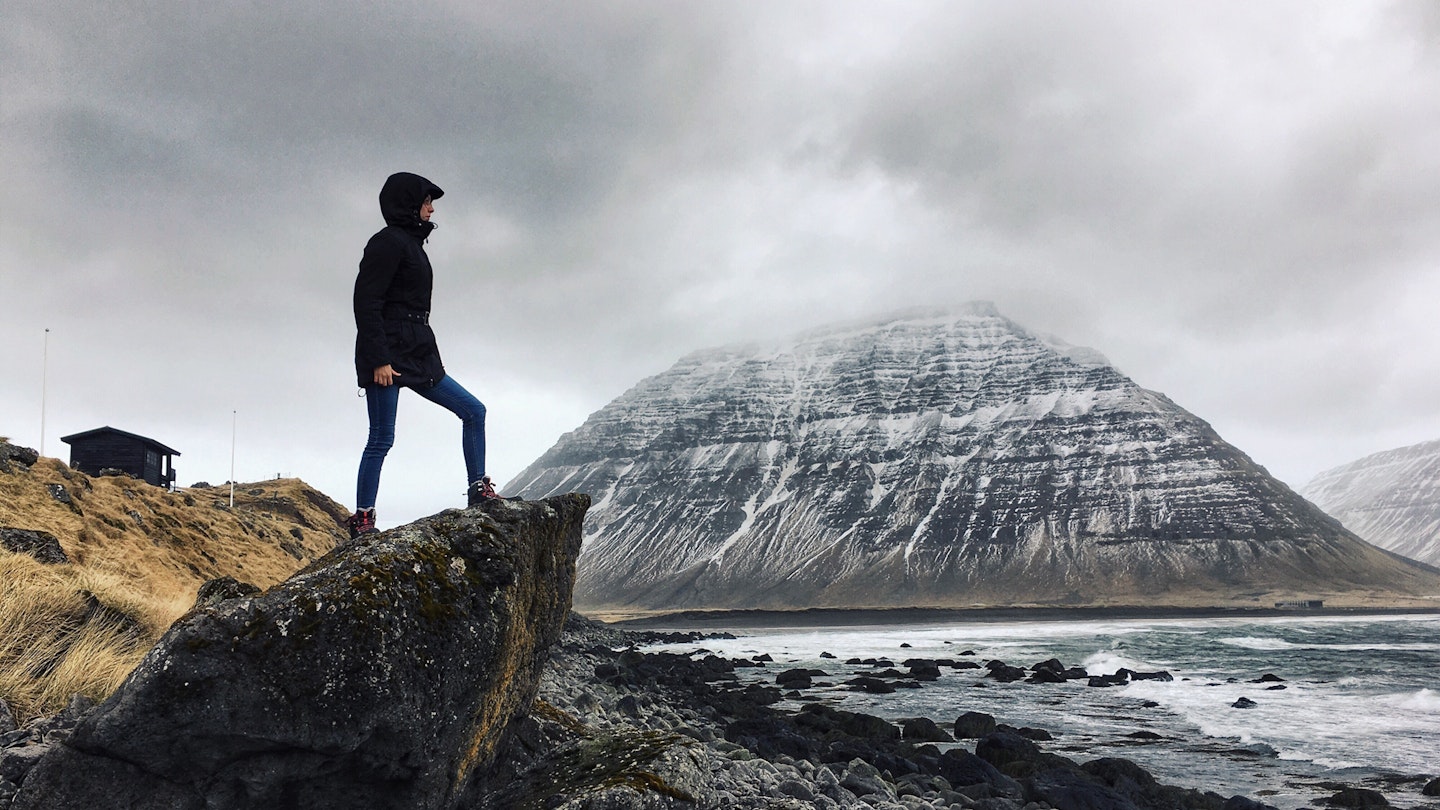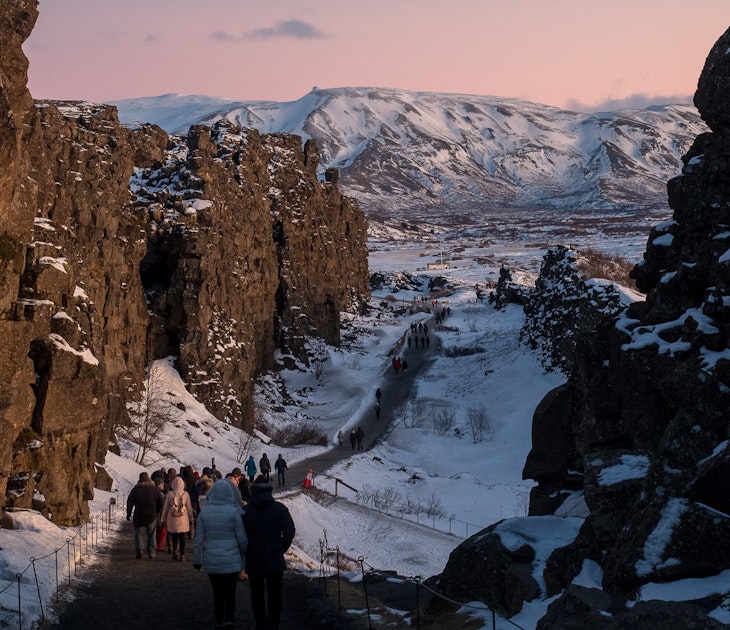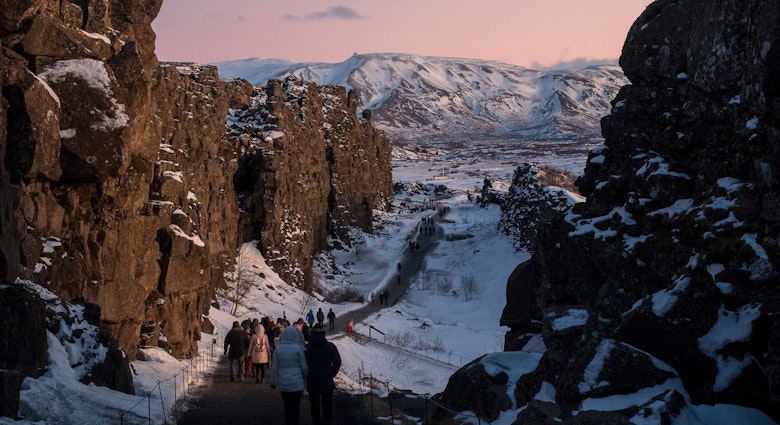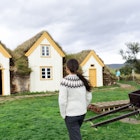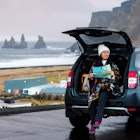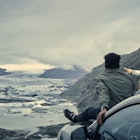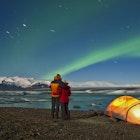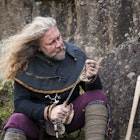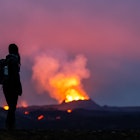If you’re looking for Iceland at its rawest, wildest and emptiest, the Westfjords is most definitely where you’ll find it.
This off-the-radar peninsula in northwest Iceland is only 200km (124 miles) from Reykjavik – less than a day’s drive – yet fewer than 10% of visitors take the time to explore it, deterred by its remoteness, its sparse habitation, and its notorious unpaved roads.
Those who do visit return with tales to make other travelers green with envy. This is a land of craggy cliffs cloaked with seabirds, thunderous waterfalls, vast glaciers, epic valleys – and perhaps most compelling of all – hardly any other visitors to share these wonders with.
If you’re one of the hardy few who make it to the Westfjords, bear in mind that the weather can be wild, whatever time of year you visit. The short Icelandic summer from June to August brings the most settled conditions and the longest days (in midsummer the sun never sets at all) but in winter, it’s the polar opposite: just a few hours of daylight a day, with heavy snowfall and ice aplenty.
Visitor numbers drop off sharply in spring and fall, so these are good times to explore the region’s amazing hiking trails in solitude. Winter is reserved for hardy explorers, but there's skiing at Isafjördur and you have a decent chance of spotting the Northern Lights.
For fans of scenery and solitude, here are the top times to come to the Westfjords.
Low Season (October–April) is the best time to see the Northern Lights
Perhaps unsurprisingly, winter is the most challenging time to visit the Westfjords. Snow, ice and blocked roads are common. Some of the more isolated communities of the Westfjords are cut off entirely for much of winter. But it’s also a spectacularly beautiful time of year – especially if you want to experience winter skiing or snowshoeing in an empty landscape or have front-row seats for the Northern Lights.
The aurora is actually present for most of the year, but it requires clear, dark skies to become visible. You might get enough darkness in September and May, but visiting from October to April optimizes your chances. Note that winter driving in Iceland – especially in the Westfjords – can be challenging; snow tires and/or snow chains are essential. Better still, rent a 4WD.
Shoulder Season (May and September) is the best time for quiet trails
Spring and fall whizz by so fast in Iceland that you could blink and miss them – especially in the Westfjords, where there are few trees to mark the transition (locals are more likely to discern the arrival of spring and fall by the amount of snow on the ground). Nevertheless, these are great times for walking along empty trails.
The Westfjords are noticeably quieter in spring and fall. There are fewer hikers on the trails and hotel rooms are easier to come by (and often a bit cheaper). Larger roads and passes are likely to be open, making this a good time for a road trip, but some seasonal shops, attractions and restaurants are likely to be closed.
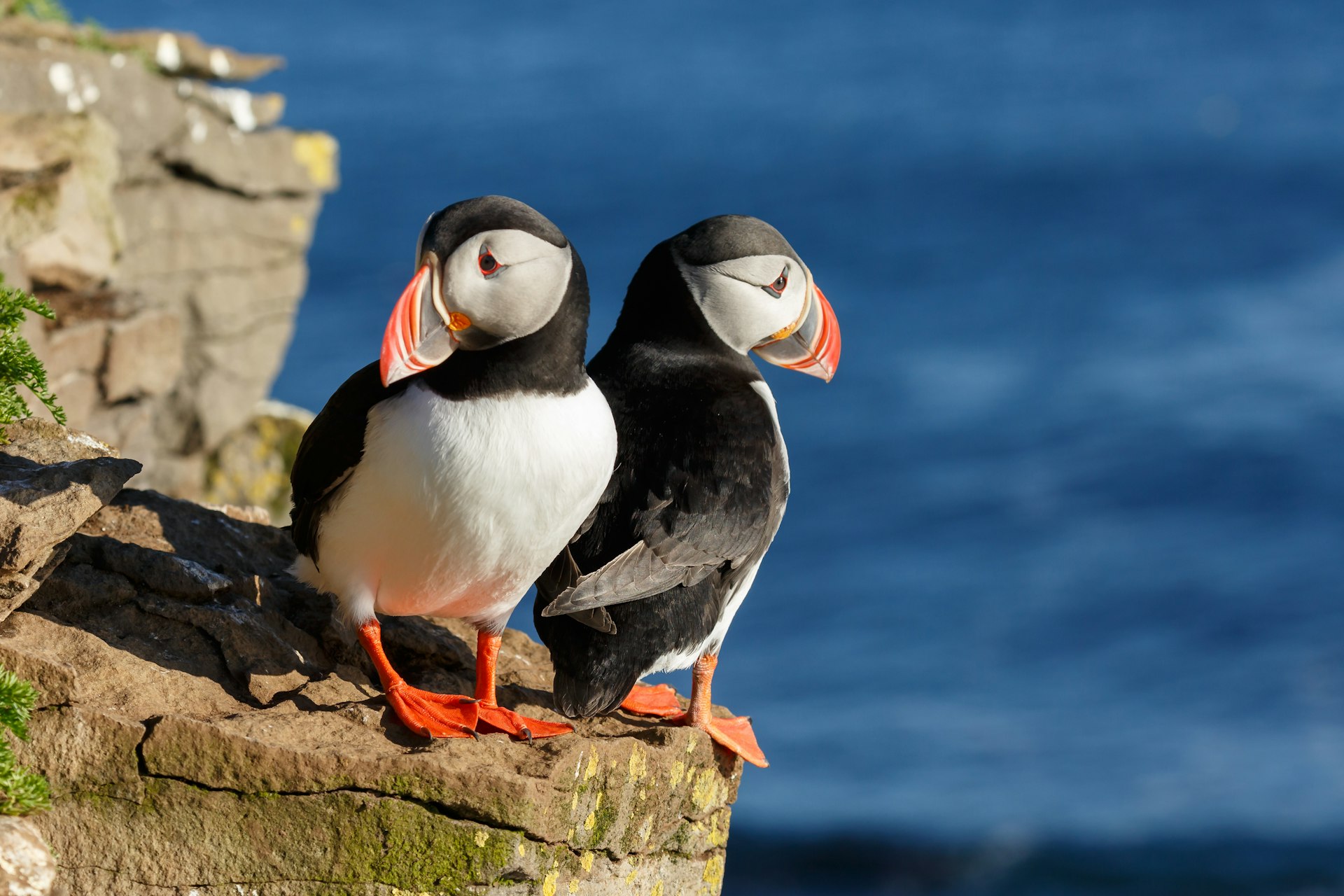
High Season (June–August) is the best time for outdoor activities
In line with the rest of Iceland, the summer months are when the Westfjords opens up for outdoor pursuits: hiking, mountain biking, sea kayaking, wildlife spotting and more. All the major mountain passes and cross-fjord ferry routes linking the valleys of the Westfjords are open at the height of summer, making travel relatively straightforward.
Summer is also the time when the Westfjords are at their most crowded – relatively speaking – so you'll need to book ahead at hotels, especially in popular areas such as the main city of Ísafjörður. There’s also plenty of daylight – 24 non-stop hours in June, with only a couple hours less in July and August – maximizing your time for exploring.
Being weather-ready in the Westfjords
Whenever you come, you'll need to be prepared for all weathers in the Westfjords. Wintry conditions can strike without warning, even in midsummer. Wind and rainproof gear, a pair of decent boots and some warm layers will definitely come in handy, and it’s worth packing a spare tire and an extra can of gas just in case (petrol stations in the Westfjords are few and far between). A road map and ferry timetables are also very useful: don’t rely on being able to get a decent cell signal out in the Westfjords.
January
Just three hours of daylight and average temperatures that barely scrape above freezing make January a demanding month to visit – but if you hit the jackpot and get some clear weather days, it’s a brilliant time to get in some winter wildlife watching. The Westfjords is one of the few areas where you have a good chance of spotting Arctic foxes in the wild. January is also peak time for aurora-watching – as long as you’re prepared to hang around for those elusive cloud-free skies, of course.
Key events: Þorrablót

February
The days get noticeably longer in February – you can expect around five solid hours of daylight, especially toward the latter part of the month. Snow still cloaks the landscape, and aurora activity remains strong – but day after day of grey skies can obscure the show.
Key events: Bolludagur (Cream Bun Day), Sprengidagur (Bursting Day), Öskudagur (Icelandic Halloween)
March
With twice as much daylight as February – up to ten hours daily – March is the height of the ski season in the Westfjords. Cross-country skiing, downhill and snowboarding are all on offer at the main ski resort in Ísafjörður, while more experienced skiers can head off into the backcountry (hire an experienced local guide for safety).
Key Events: Fossavatn Ski Marathon (late March or early April)
April
April is a transition month in the Westfjords. Winter still holds much of the landscape in its icy grip, and many areas are still blanketed in thick snow, but more sheltered areas show the first signs of spring: a flush of greenery, perhaps, or even a few wildflowers. Ski season continues at Ísafjörður.
Key Events: Ísafjörður Ski Week; Sumardagurinn fyrsti (first day of summer)
May
The first serious thaws of the year usually happen in May, opening up parts of the Westfjords that have been off-limits for much of winter. Wildflowers begin to bloom in earnest, and it’s a great time of year for birdwatching. Seasonal seabirds – from guillemots, razorbills and cormorants to kittiwakes and puffins – take up roost on the region’s craggy cliffs, including at Látrabjarg, Iceland's westernmost point. The snowmelt also means this is generally a good time to view mighty Dynjandi and other Westfjords waterfalls in full flow.
Key Events: Peak season for birdwatching
June
The month of the midnight sun hits. The Westfjords basks under 24 hours of perpetual daylight, allowing maximum time for exploring. It’s also a brilliant time of year for photography, with a golden hour that seems to last forever, though temperatures rarely climb above 10˚C (50˚F). Mountain roads and hiking trails start to open up in June and the endless daylight means you can pack in some serious trail time. Remember to pack an eye mask if you plan on getting any sleep at all.
Key Events: Sjómannadagurinn (Sailor’s Day); National Day of Iceland; Summer Solstice
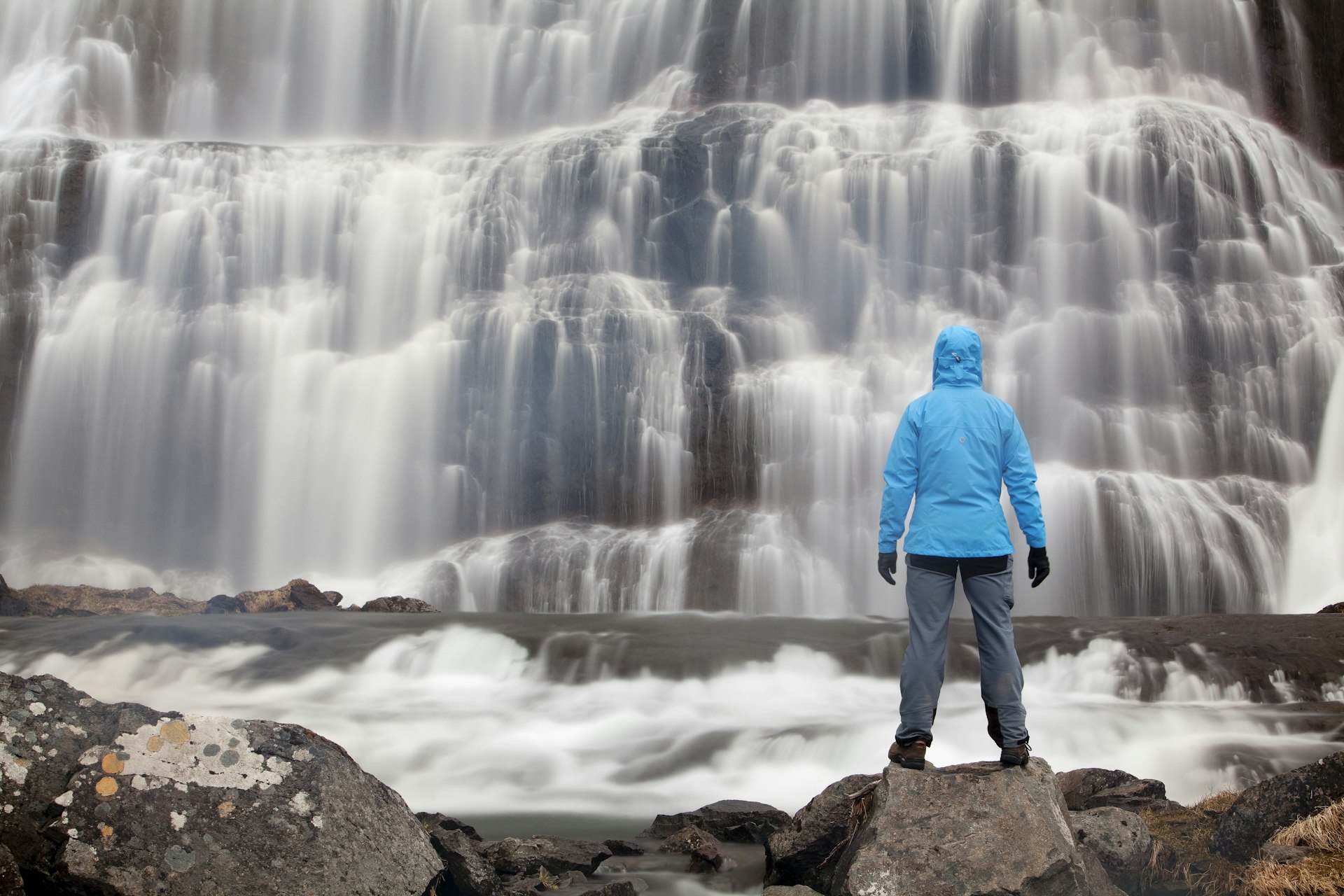
July
The start of summer in the Westfjords, with plentiful wildflowers, activities galore and even the chance of sunburn. Though temperatures hover around 10–12˚C (50–54˚F), the summer sun in Iceland can be very strong, so pack sunblock. It’s an excellent time of year for wildlife: humpbacks, gray whales and orcas can be seen off the coast, and playful puffins waddle around the Westfjord’s cliffs. It’s also the best time of year to explore the amazing wilderness area of Hornstrandir and take a day trip to the island of Vigur.
Key Events: Swamp Soccer in Bolungarvík
August
Another great month for hiking, biking and outdoor pursuits, with lots of daylight (16 to 17 hours) and the year’s warmest temperatures, peaking at 14–16˚C (57–61˚F). Seabirds (including puffins) begin to migrate south for the winter, so this is your last chance to see them, and whale sightings also become less common. Trails are at their busiest, however, and the most popular hotels and campsites can be booked out. And while it might not quite be sunbathing weather, August is a fine month for exploring the Westfjord’s beaches, including Breiðavík and Rauðasandur. Towards the end of the month, the first bite of winter can be felt once darkness falls.
Key Events: Verslunarmannahelgi; Blueberry Days in Sudavik
September
If fall’s going to put in an appearance, September is when you’ll see it – although with hardly any trees in the Westfjords, don’t expect much in the way of leaf-peeping. With fewer visitors, it’s an excellent time for tours: kayaking, photography and guided hikes are all popular.
Key Events: Icelandic Blues Festival in Patreksfjörður
October
Temperatures drop sharply and the first winter snowfall can be expected in October. Temperatures drop close to freezing overnight, and 10-12 days of snow is not unusual across the month. October is also when the Northern Lights begin to show up reliably in the Westfjords, so it’s an excellent time to book an aurora tour.
Key Events: Start of the Northern Lights season
November
The sun is gone by 4pm in November, so Icelanders head inside in search of food, drink and entertainment. This is a great time to visit the region’s biggest town – bustling Ísafjörður – to hunker down in its cozy cafes and pubs, visit heritage museums and dine out in seafood bistros. Don’t miss the informative Westfjords Heritage Museum and the quirky Museum of Everyday Life.
Key Events: Christmas tree lighting across the Westfjords
December
Like many Nordic nations, Iceland puts on a grand show for Christmas. Every house is decorated with colorful lights, and the calendar is packed with festive events – from winter beer tastings to reindeer rides and Christmas markets. Fireworks light up the sky on New Year’s Eve – but they’re often overshadowed by the aurora.
Key Events: New Year’s Eve
Safety recommendations and restrictions during a pandemic can change rapidly. Lonely Planet recommends that travelers always check with local authorities for up-to-date guidance before traveling during Covid-19.
You may also like:
The 15 places you don't want to miss in Iceland
Why the Westfjords are the place to escape the crowds in Iceland
8 Iceland activities for adventure seekers
